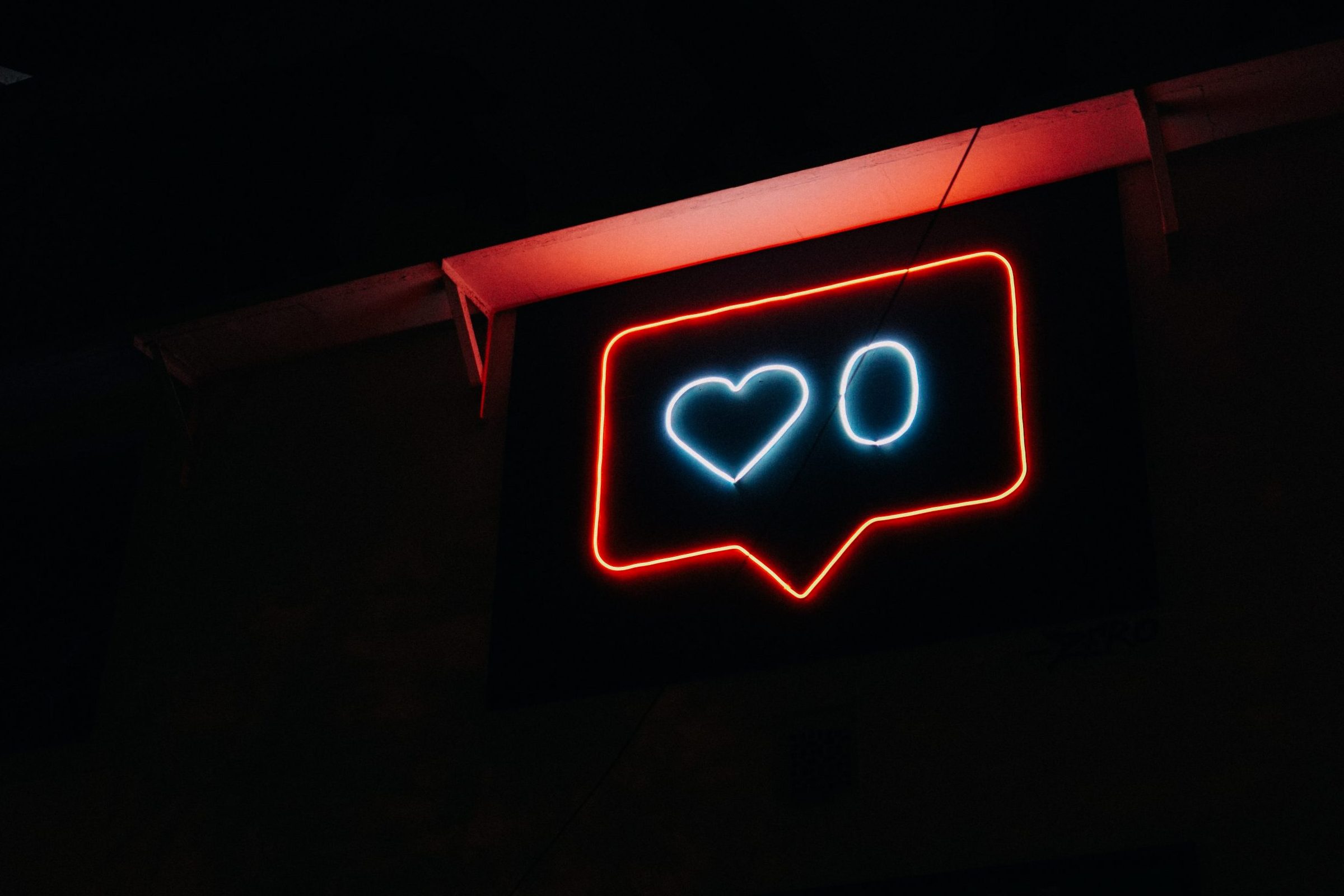This year’s news cycle has been anything but ordinary. Society has had to tackle questions that are singular and very much new for everyone. In recent months, it’s easy to understand why so many feel that the world has changed —perhaps irrevocably. But some things never change. On the heels of an unprecedented (yet much needed) worldwide reckoning around racial justice, an age-old debate has resurfaced. “Cancel culture” is once again making headlines, and for good reason.
The question of where to “draw the line” has taken center stage as a fresh wave of Twitter vitriol has worked to hold celebrities, entrepreneurs and activists accountable for past abuse, hostile language and bad behavior.
It’s no surprise that the “cancel culture” question feels a bit fatigued. Since torches and pitchforks drove supposed witches and heathens out of villages in medieval times, cancel culture has been alive and well in Western society. It’s only the landscape that has changed. The digital mob, headed most commonly by Generation Z, has proven equally capable of the volatile banishing from society that “cancelling” demands.
Cancel Culture in 2020
In the wake of recent protests surrounding the Black Lives Matter movement (and the flurry of statements, apologies and anti-racist “wake-up calls” that followed), many skeletons were unearthed. And some were bigger than others.
The past conduct of employers toward employees of color have resulted in resignations, such as Adam Rapoport’s from Bon Appetit. Companies like Nike and Madewell have made public promises to “do better” in light of criticism. Many celebrities have been “cancelled” in recent weeks for profiting off of crass, often-racist material, and even politicians like Canada’s Justin Trudeau have been criticized for wearing blackface.
These behaviors are all unquestionably toxic. By and large, each of these people has contributed to an environment that has made both implicit and explicit forms of racism increasingly difficult to combat. Companies thrive in spaces where their racist actions have been routinely ignored. In recent weeks, however, critics, and quite a few activists, have begun to rally around an iteration of an old question: Does ”cancelling” those who engage in harmful behaviors actually hold them accountable? And if so, does it actually serve justice, or merely help channel our anger?
What is “Cancellation”?
The New York Times offers this holistic definition of cancellation: “Cancellation, properly understood, refers to an attack on someone’s employment and reputation by a determined collective of critics, based on an opinion or an action that is alleged to be disgraceful and disqualifying.” Workplace practices and policies, noxious language, and abuses of station are all actions that can easily be deemed “disgraceful and disqualifying.”
The question is not, then, whether certain actions warrant cancellation — rather, it should be asked if these behaviors can be unlearned through a restorative, teaching moment after one is called out for them. If so, does “cancelling” teach people to change, or does it exist purely to punish?
Jameela Jamil, well-known activist and founder of I-Weigh, shared her thoughts after appearing on the “cancelled” Russel Brand’s podcast. She explained that she made the appearance after seeing Brand’s personal progress in his attempt to rectify past mistakes and work toward a culture in which those mistakes are less likely to be brushed aside. On the topic, Jamil states that “If we ‘cancel’ people forever, even after they demonstrate immense change and remorse, we devalue progress.”
Evidently, she’s not talking about the Harvey Weinsteins of the world — anyone who has done irreparable harm can and should be “cancelled” (and probably jailed) forever. But where do those who cry to “cancel” an endless litany of celebrities draw the line? And once branded as “#cancelled,” is there hope for learning and a brighter future?
The Saturated History of Cancel Culture
Cancel culture established its roots as a tool for social justice in the Black empowerment movements of the ‘60s. Faced with insurmountable structural inequalities, disenfranchised and minority activists have one very important tool left to sway public sentiment — their voice.
“Cancelling” toxic members of society is a collective act in which we bar, ignore and discredit the work of those we can no longer accept. It’s a tool for revolution for whom structural, sweeping change is out of reach. It’s served as a powerful form of accountability in recent years, especially following the #MeToo movement of 2017. While activists might not be able to take on directly the culture of sexual misconduct in Hollywood, cancel culture has effectively de-platformed predators like Kevin Spacey, Harvey Weinstein and Louis C.K.
More often than not, however, “cancelling” someone isn’t the end of their fame. People like Kanye West, Scarlett Johansson and Gina Rodriguez have all made offensive missteps, and their careers have continued to progress with vigor. Comedians, such as Kevin Hart and Shane Gillis, have received backlash about homophobic, transphobic and racist comments in the past — and still they receive acclaim, support and views on Netflix specials and sketch comedy shows.
Offensive jokes, missteps and even plain ignorance are reason enough to “cancel” someone, according to the internet. But there’s a difference between barring someone for life and calling them out — punishing them without a path to rehabilitation yields an environment with accountability, but without hope for progress. For many celebrities and public figures, most of whom cite ignorance or evolving standards of decency for their failures, a “call out” can serve as a catalyst for growth, but only if given the chance to re-engage in the conversation.
It’s important to effectively criticize those who have hurt others, especially those who are powerful and economically influential. When that hurt is deliberate, or done by someone with no intention to change, “cancelling” them is appropriate — and necessary. But when growth can occur, a “call out” can be more effective in building a potential ally rather than a forever foe. Rage has a way of sticking with us, and if society chooses to “cancel” every person who has done wrong, we’ll identify with that rage forever.
Though well-intentioned, words and actions steeped in ignorance sometimes subvert the rigid standards for acceptable discussion. Things are offensive for a reason, and naturally, they hurt. But, an inability to comprehend the role of education in preventing further transgressions is more than just oversight on the part of the cancel-er.
”Cancelling” is ruthless and more alienating than necessary. Shaming people who have the potential to change just wears communities down even further. “Call outs” and the healing, education and self-awareness that follow are part of a restorative justice process — one that builds communities, relationships and society back up. Though harm can’t be undone, moving forward is possible.
Previously called-out celebs like Alison Roman, Spike Lee and Reese Witherspoon have shown that with sustained, serious action, change is possible (and probable).
It’s not quite fair to argue that “cancelling” has too wide of a net. Frankly, each and every action that has created trauma and harm for a community (yes, even a microaggression) can and should be called out. But legitimizing the de-platforming of a person in their economic and social entirety by just anyone on the internet yields disaster.
According to a New York Times piece on the subject, “Most public shaming is horizontal and done by those who believe they have greater integrity or more sophisticated analyses. They become the self-appointed guardians of political purity.” With Twitter serving as an ever-volatile breeding ground for this kind of self-righteous action, it becomes apparent that online “clicktivism” via cancellation may not be the best tool for social justice work.
Audre Lorde once said that “The master’s tools will never dismantle the master’s house.” If the aim of internet activism is to rehabilitate and grow, our tools have to reflect that vision. Outright cancellation without consideration does not. In a world where we hope to build empathy, champion healing and achieve justice, we must learn to include even those who have wronged us by calling them out and working for change.
















